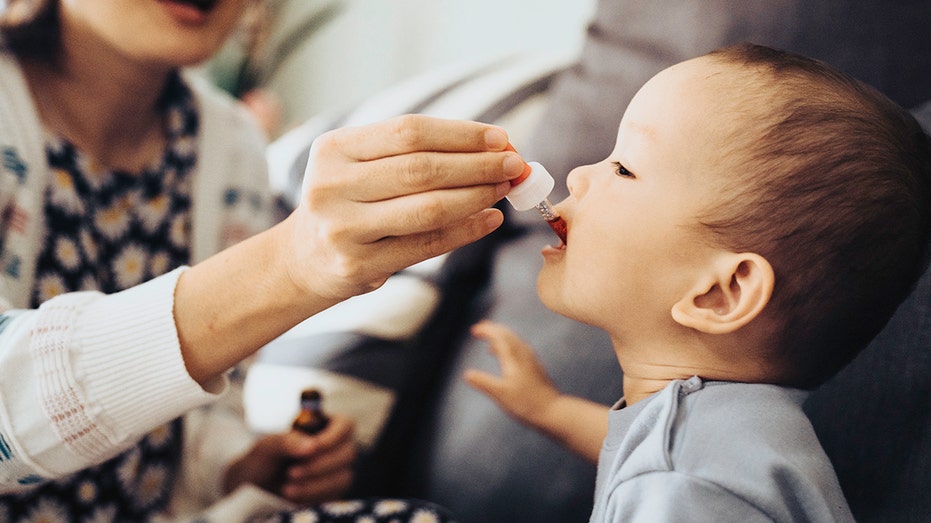Vitamin A as Measles Treatment? RFK Jr.'s Comments Ignite Debate on Benefits and Risks

Sarah Johnson
March 9, 2025
Brief
Amid rising measles outbreaks in the U.S., experts stress the MMR vaccine as the top prevention, while discussing vitamin A's supportive—but limited—role in treatment.
With measles outbreaks popping up in multiple U.S. states, discussions around treatment and prevention are gaining momentum. Health experts remain firm on the importance of the MMR vaccine, while some conversations are venturing into less conventional territory — like the role of vitamin A.
In a recent op-ed, HHS Secretary Robert F. Kennedy Jr. expressed his concerns over the growing measles cases. He highlighted research and CDC statements suggesting that vitamin A, when administered under a doctor's supervision, could play a role in supporting treatment. While this isn't an approved cure, studies, including a report in the International Journal of Epidemiology, suggest vitamin A may reduce mortality in children when paired with the vaccine.
Kennedy also emphasized the broader importance of balanced nutrition and vitamins — A, B12, C, D, and E — as defenses against illnesses. A fair point, but let's not forget: a balanced diet doesn’t exactly replace a shot in the arm.
Health experts, however, caution against overhyping vitamin A. Dr. Neil Maniar of Northeastern University pointedly reminded us that the two-dose MMR vaccine remains the gold standard for preventing measles. Vitamin A, he noted, is more of a supporting player — useful for reducing symptoms in vitamin A-deficient patients, but no frontline treatment.
Dr. Daniel Kuritzkes of Brigham and Women’s Hospital and Dr. Saahir Khan of USC echoed these sentiments. Their take? Vitamin A matters most in areas like sub-Saharan Africa, where deficiencies are common. In resource-rich countries like the U.S., its benefits are less pronounced. And let’s be real: popping vitamin A like Tic Tacs could lead to toxicity — or the less catchy term, hypervitaminosis.
Still, in cases of severe deficiency, vitamin A supplementation might prevent measles from escalating into something life-threatening. But here’s the kicker: the CDC insists that such treatments should be guided by healthcare professionals. No DIY remedies, folks!
Ultimately, experts across the board — from Maniar to Kuritzkes and Khan — agree on one thing: vitamin A is no substitute for vaccination. The MMR vaccine remains the most effective tool for keeping measles at bay and ensuring community immunity.
The debate over vitamin A is an interesting one, but let’s not lose sight of the bigger picture: prevention beats treatment every time. And in this case, prevention comes in the form of a well-proven vaccine.
Topics
Editor's Comments
Vitamin A as a 'supporting actor' in the measles drama? Sure, it has its place, but let's not get carried away. The MMR vaccine is the real MVP here. The fact that we even have to clarify this says a lot about the state of public health messaging. Let’s focus on what works — and leave the supplements for actual deficiencies.
Like this article? Share it with your friends!
If you find this article interesting, feel free to share it with your friends!
Thank you for your support! Sharing is the greatest encouragement for us.



